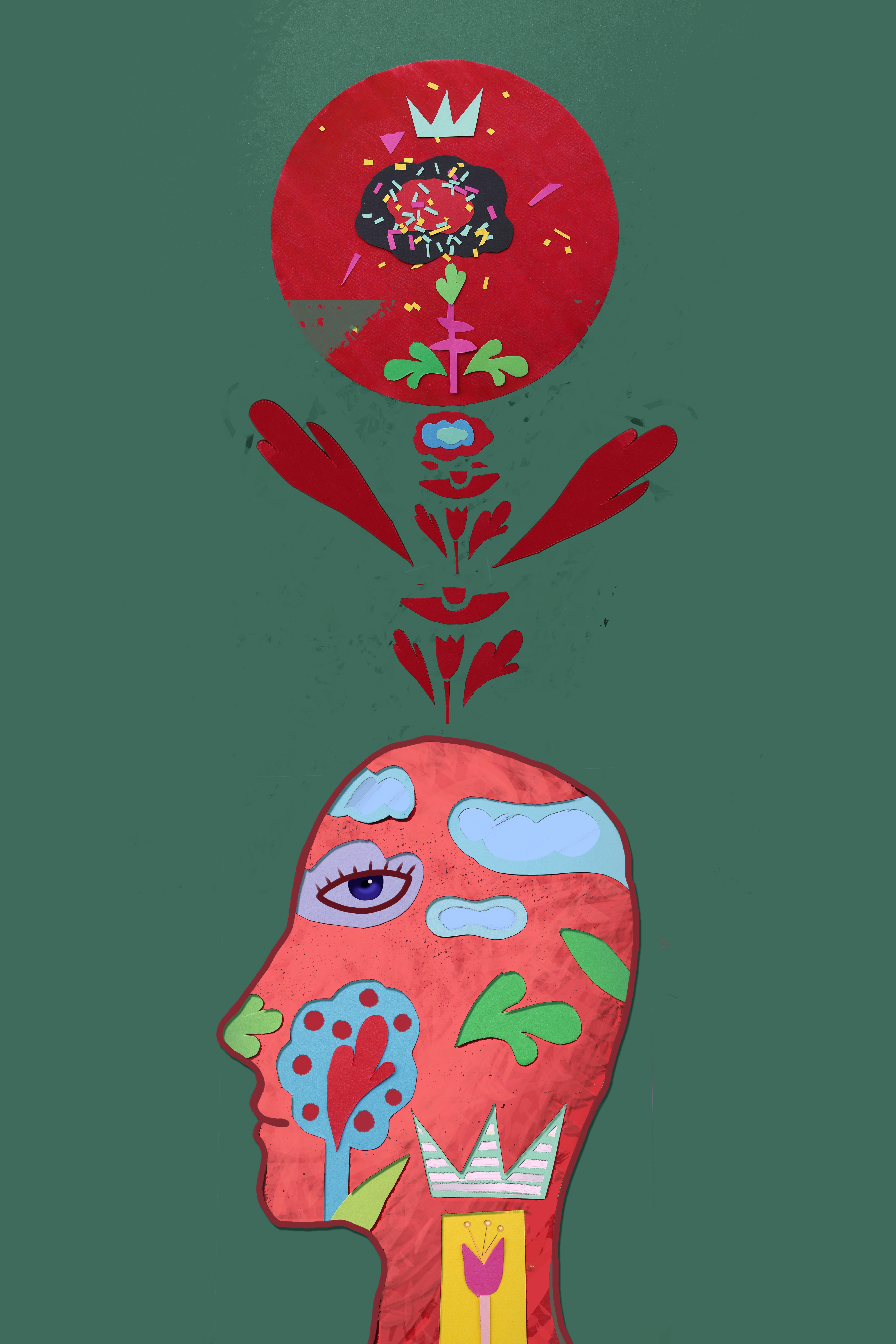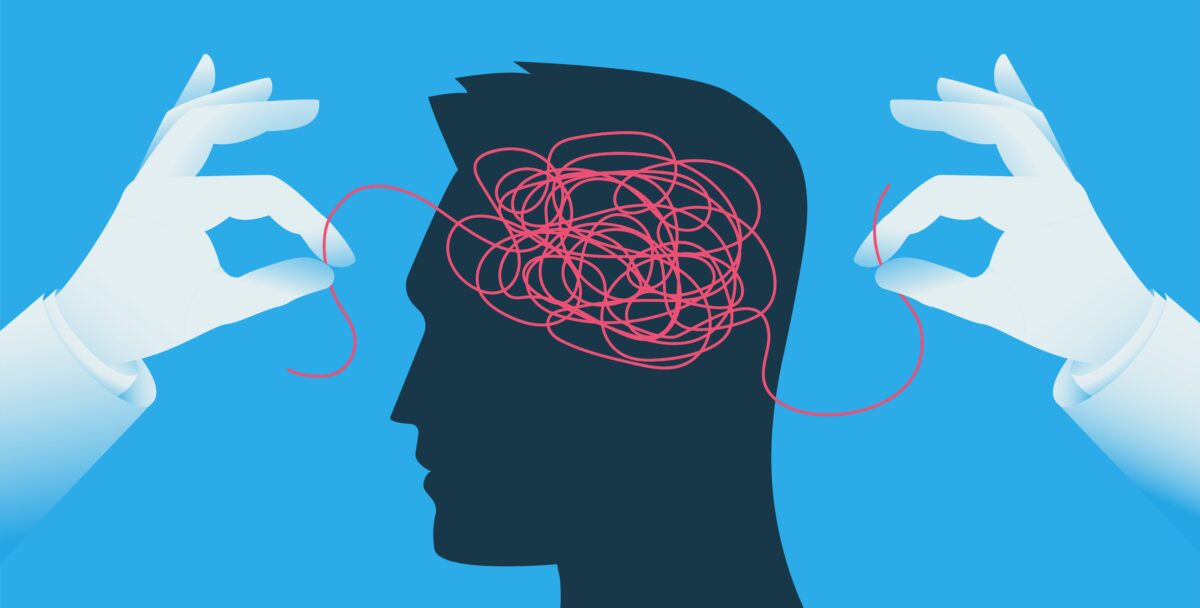The human body is a complex network of systems working together to maintain balance and keep us alive. One of the most critical systems in this network is the autonomic nervous system (ANS), which regulates involuntary bodily functions such as breathing, digestion, and heart rate. Within the ANS, the sympathetic nervous system (SNS) plays a vital role in controlling the heart, particularly in …
Are You An Emotional Eater?
In a world where stress is a constant companion and comfort food is just a drive-thru away, emotional eating has become a common struggle for many people. Whether it’s reaching for that pint of ice cream after a rough day or indulging in a bag of chips when feeling anxious, emotional eating can derail both your health goals and emotional …
Navigating Depression and Loneliness During the Holidays: A Guide to Finding Joy
The holidays, often painted as a season of joy and togetherness, can feel daunting for those battling depression and loneliness. The pressure to be merry and the expectation of being surrounded by loved ones can intensify feelings of isolation. If you’re feeling this way, know that you’re not alone, and there are ways to cope while finding pockets of peace …
Worry vs Anxiety: What’s the Difference?
Have you ever worried about leaving the iron on or forgetting to lock your car? Or do you worry about not finishing a task on time? Or worry that your job was in jeopardy? Everyone experiences these feelings from time to time. Worry and anxiety, are a part of the human experience and can be big or small. Everyone experiences …
What’s Your Stress Level? How Does it Impact Your Brain?
On a scale of 1 to 10, with 10 being the most extreme, how would you rate your stress level? What if I told you that stress is now considered a trigger for silent brain changes, which occur years before symptoms become obvious? Scores of well-designed studies routinely show that chronic stress can impair your ability to learn and adapt …
Let’s Hear It For Worrying!
Some minds rarely take a rest—thoughts keep whirring, even throughout the night. What if you could let worrying and mental rumination work to your advantage? Worrying, often perceived negatively, can have positive aspects when managed appropriately. Feelings at the Root of Thoughts “He who fears he shall suffer already suffers what he fears” is a well-known quote attributed to the …
Meditation for Health
You have probably heard of meditation, although what meditation actually means can be unclear, as it means different things to different people. While there are many styles, techniques, and traditions, almost all meditation includes a practice of focusing or clearing the mind by quietly witnessing your thoughts and feelings and external stimuli without getting caught up in them. Meditation practices …
Move From Healthcare to Self Care!
Cardiovascular disease (CVD) is the broad term for a group of diseases that typically coexist and include: About 1 in 3 Americans has at least one type of CVD. Prevention is the best treatment because CVD kills more people than cancer, accidents, and chronic lower respiratory diseases combined. CVD risk factors are a mix of modifiable and non-modifiable influences. Modifiable …
Women’s Heart Health and Stress
Many women’s daily lives are stretched to the limit by the multiple roles they fill at work, at home, and in the community. In many households, women still perform most childcare, shopping, cleaning, cooking, and, in some cases, care of elderly parents or in-laws. Some working women have incorporated a male standard for achievement in the workplace while retaining the …
Work Stress and Cardiovascular Disease
Cardiovascular disease is the leading cause of death of American adults. Although much attention is given to the importance of diet, exercise, smoking cessation and the role of genetics, a lesser focus has been given to the role of stress reduction in the prevention and treatment of heart disease. A large number of studies have demonstrated a clear link between …
- Page 1 of 2
- 1
- 2











